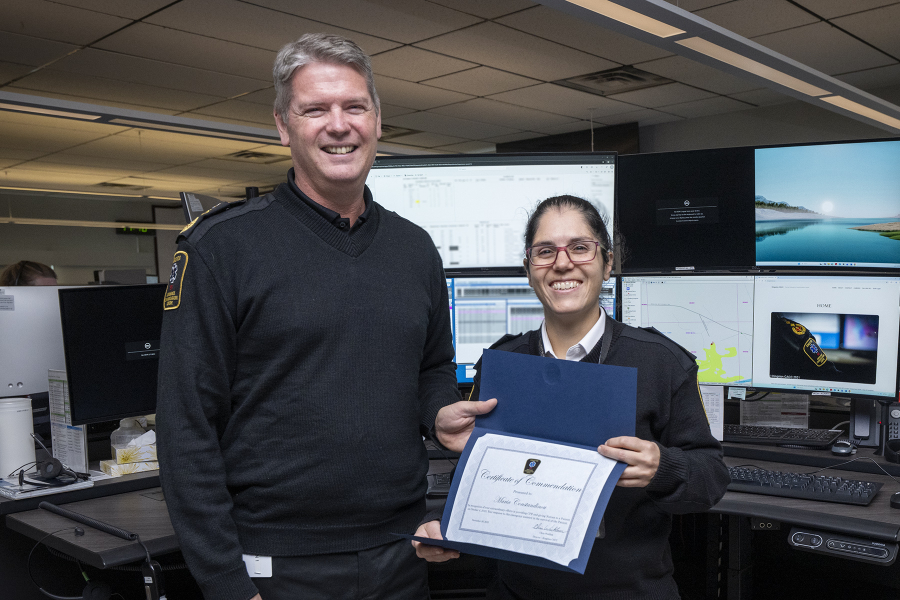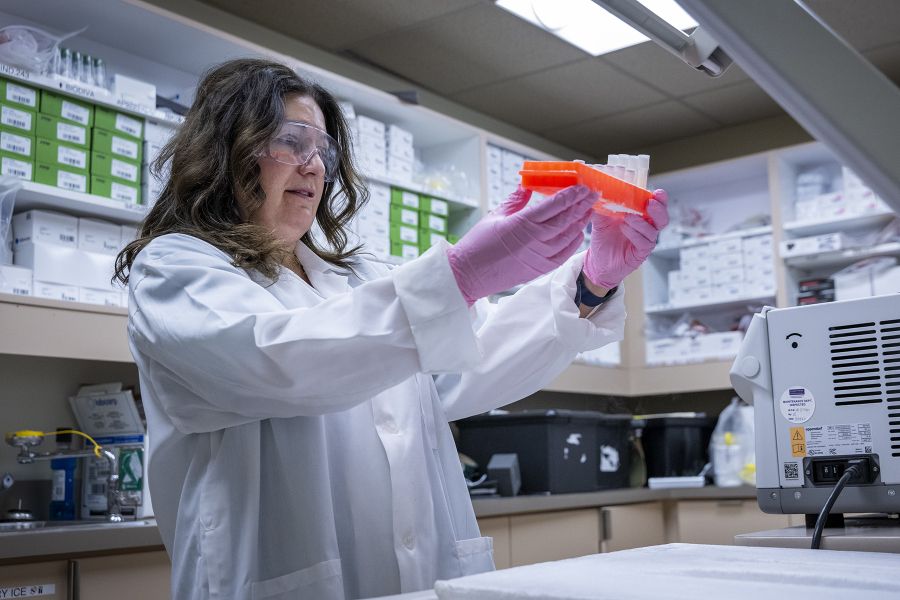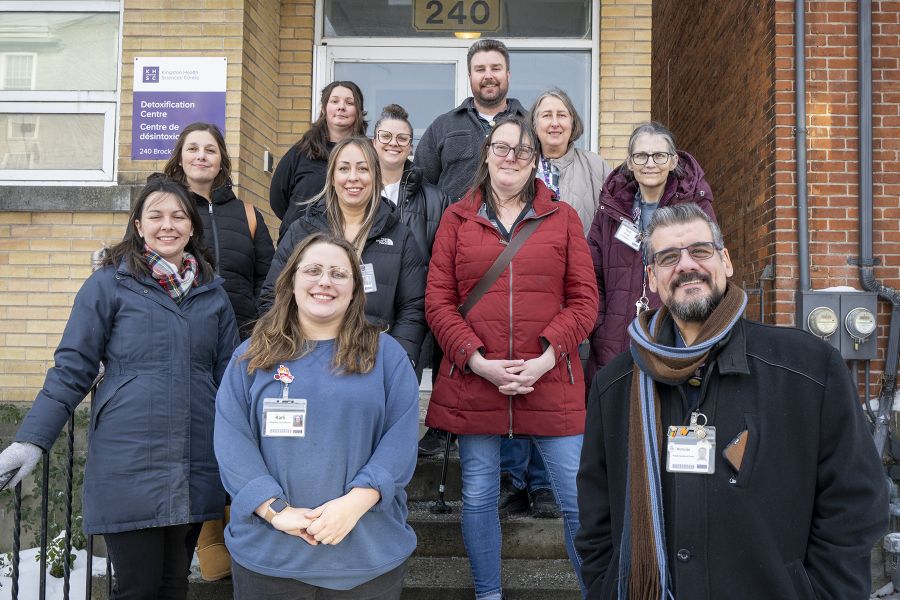Effective immediately masking is required for everyone when present on all inpatient units, in the Emergency Department (ED), the Urgent Care Centre (UCC), and the Children’s Outpatient Centre (COPC).
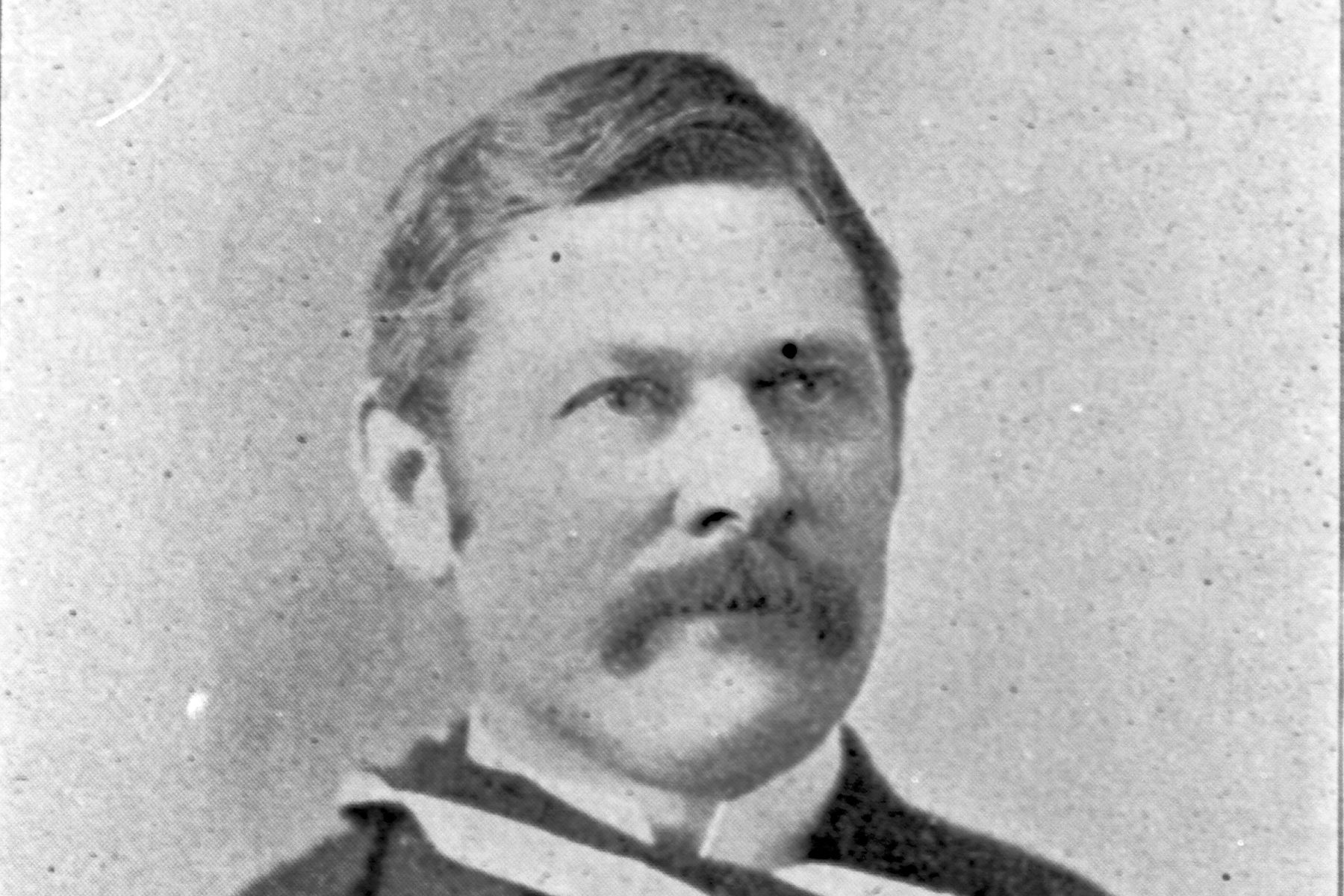
Dr. Kenneth Neander Fenwick (1852 - 1896) was born and raised in Kingston. After graduating with a Bachelor of Arts from Queen's University in 1871, he earned his medical degree at the Royal College of Physicians and Surgeons at Kingston. In 1873, he became house surgeon at the Kingston Hospital, before continuing his training in England and eventually returning to Kingston. During his mid-twenties, while working in medical practices with both Dr. Horatio Yates and Dr. James Sampson, Dr. Fenwick was appointed professor at the Royal College. Seven years later, in 1885, Dr. Fenwick was instated as Professor of Obstetrics and Gynecology. He was just 33 at the time.
His time in England introduced him to the benefits of antisepsis, and his post-graduate training in New York in 1885 further solidified his support of such methods. He became an ardent proponent, overseeing the institution of antiseptics within the Kingston health-care system as early as the 1870's.
While in New York, Dr. Fenwick became convinced of the value of a trained nursing staff. In 1885, he petitioned the hospital for a nursing school in order to improve the general level of care available to patients.
Dr. Fenwick played a key role in the expansion of Kingston General Hospital, advocating in the 1890's for a separate building for the treatment of obstetrics and gynecology, as well as for a new operating amphitheatre. In 1895, he offered $2500 towards its construction. In his honour, the round, two-storey stone building was named the Fenwick Operating Theatre. It housed a surgical amphitheatre and seating for 100 students and reflected the importance of surgeons and medical training at the time. Today, it is the only surviving pre-1920 operating amphitheatre in Canada.
Unfortunately, Dr. Fenwick suffered a premature death. A small cut on his left hand sustained during surgery became infected, gangrenous, and worsened into a case of blood poisoning. He died on January 21, 1896.
For more information, visit the Museum of Health Care online or download the new App: "Transformation of the Kingston General Hospital 1835-1914."
KGH will mark the 175th anniversary durning the week of September 23, 2013.
Do you have an interesting story to share about your history with KGH? Use the comment section below to tell us!
Special thanks to our presenting sponsor, Lovell Drugs and our event sponsors, Honeywell and KCCU.
Gallery
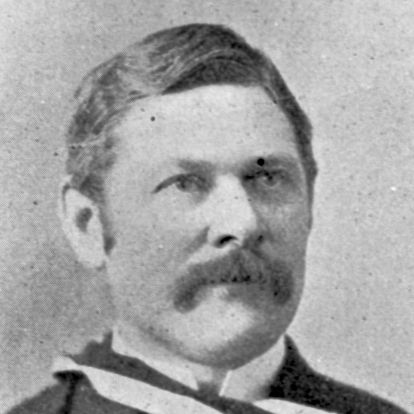
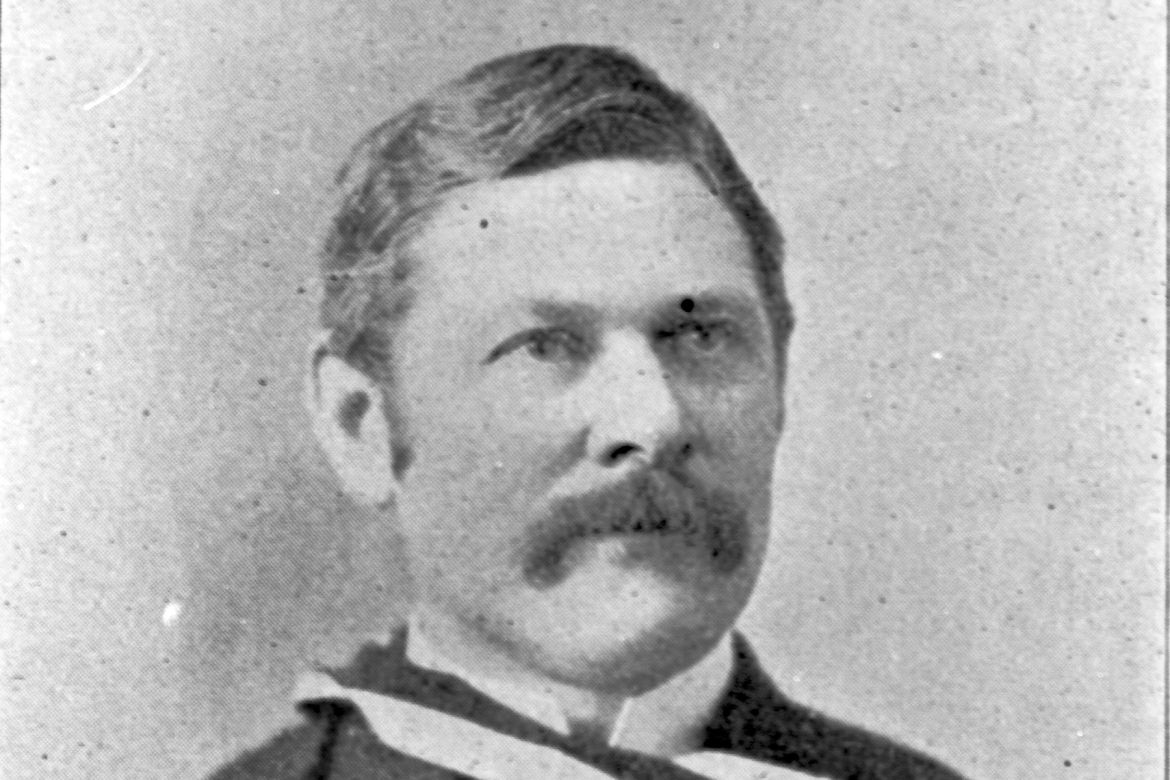
A proponent of antisepsis, Dr. Kenneth N. Fenwick's contributions were instrumental in advancing surgical and medical training at Kingston General Hospital during the mid-late 19th century. (c.1896)

